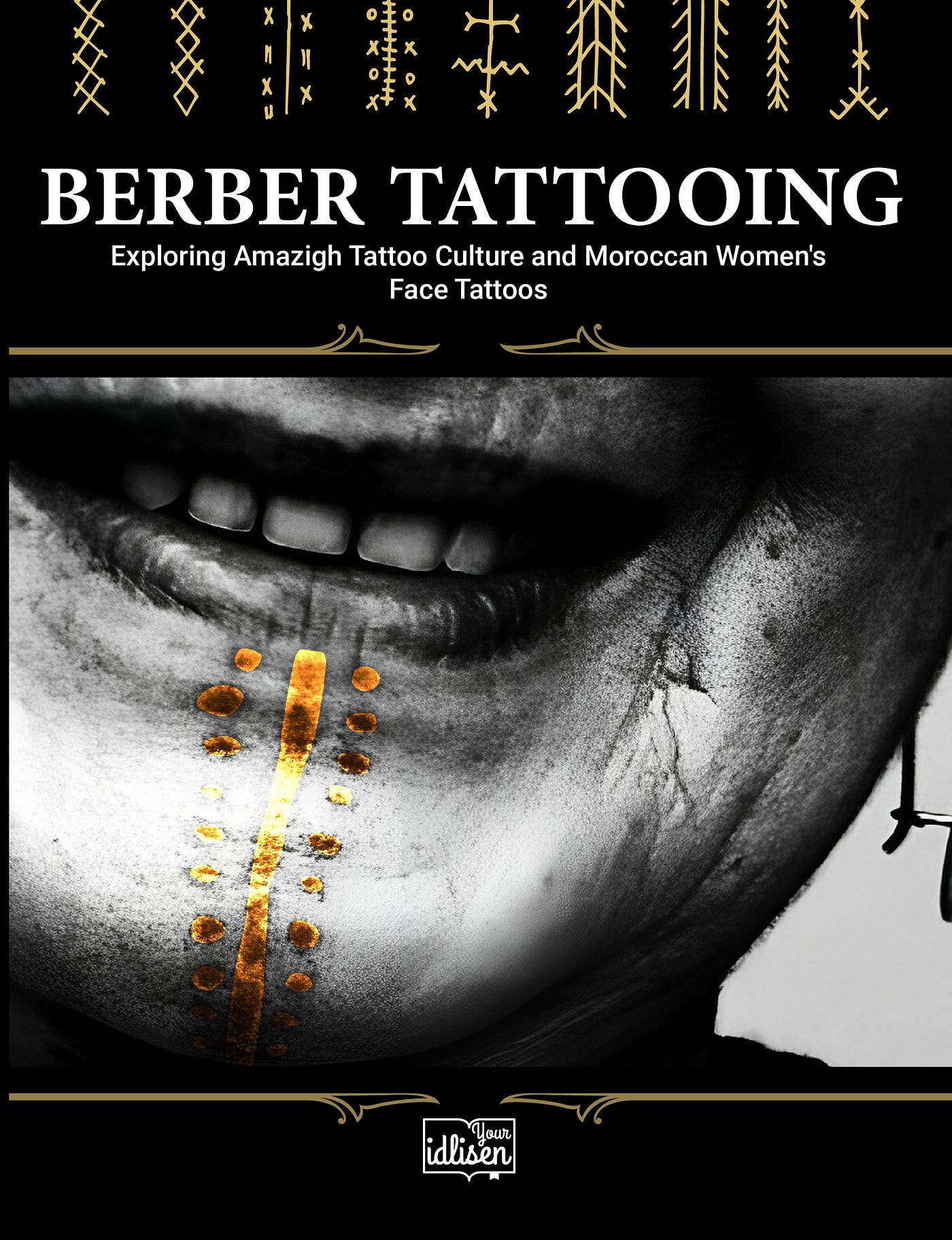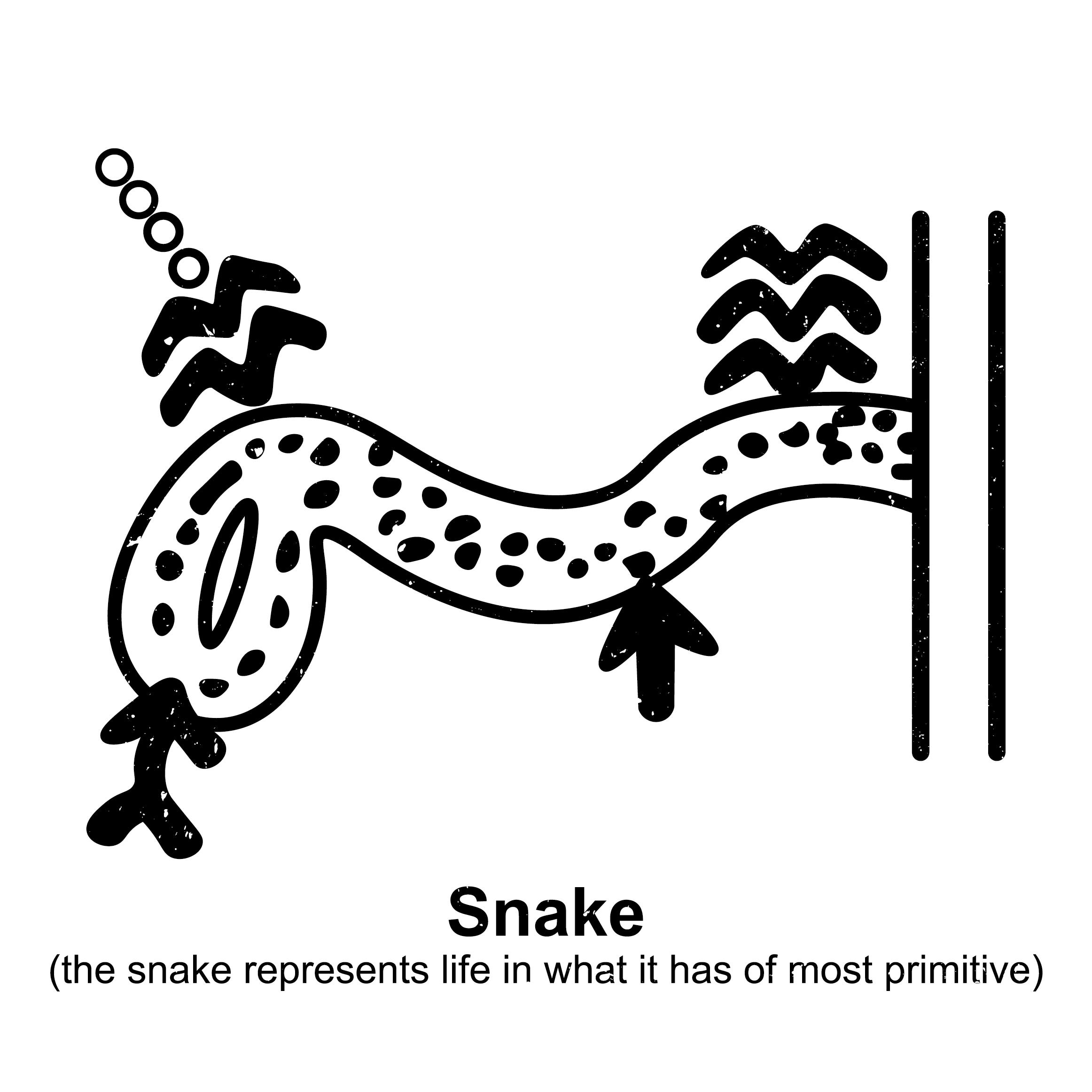Exploring the Enchanting World of Berber Tattooing: Unveiling Amazigh Heritage
 |
Berber tattoos, also known as Amazigh tattoos, encapsulate the rich cultural tapestry of North Africa’s indigenous Berber people. These intricate and mesmerizing tattoos are not mere ink on skin; they are the vessels of heritage, status, and personal narratives, seamlessly woven into the very identity of the Berber community.
The Berber people, with a history that stretches back millennia, have cultivated a deep relationship with the natural world. In the realm of Berber tattoos, this connection finds expression through a vivid array of symbolic representations, each carrying profound meanings that resonate with life, belief, and pivotal moments.
In the world of Berber tattoos, nature takes center stage, with symbols bearing the imprint of animals, plants, and celestial bodies. The palm tree, standing tall as a symbol of strength, growth, and resilience, embodies life and prosperity within the Berber culture. The snake, a guardian spirit, represents wisdom and healing, shielding against malevolent forces and ushering in good fortune.









Drawing from ancient Egyptian iconography, the Berber people adopted the Eye of Horus, a potent symbol believed to ward off evil and usher in good luck. Equally significant is the Hand of Fatima, an open palm that serves as a protective talisman against the evil eye and negative energies.
The Amazigh Cross, often referred to as the “Agadez Cross,” serves as a compass of sorts, offering guidance and orientation during travels and life’s journeys. In the vibrant world of Berber tattoos, women play a central role, embodying themes of fertility, femininity, and the enduring legacy of the tribe.
Berber tattoos are not mere embellishments; they are markers of life’s milestones and rites of passage. For young Berber girls, their first tattoos, often received during puberty, symbolize the transition into womanhood and eligibility for marriage. These tattoos bear not only ink but the weight of cultural identity and pride.
The complexity and number of tattoos worn can also signify an individual’s standing within the community. Leaders and elders, with their wealth of wisdom and life experiences, may display more intricate and elaborate tattoos.
In recent times, there has been a renaissance of interest in Berber tattoos. Efforts to preserve and reinvigorate this ancient art form have borne fruit. Modern-day artists and tattoo enthusiasts explore the depths of Berber symbolism, infusing tradition with innovation to create contemporary designs that pay homage to the past.
This resurgence is not only about the art itself but also about nurturing cultural pride and identity among the Berber community. These timeless designs remain a vibrant and integral part of Berber heritage, ensuring that the symbolic meanings of Berber tattoos continue to thrive, enchanting and resonating with generations to come.



Amazon Link: a.co/d/gRSF3Jy
For those enchanted by the mystique of Berber tattoos and yearning to unravel the intricate beauty of these symbolic masterpieces, we extend an invitation to delve into the wellspring of this knowledge — the book, ‘Berber Tattooing: Exploring Amazigh Tattoo Culture and Moroccan Women’s Face Tattoos.’ This literary treasure unveils a comprehensive and immersive odyssey into the realm of Berber tattoos, where every page harbors secrets, meanings, and cultural significance waiting to be discovered. Embark on your journey of enlightenment by securing your copy from Amazon today. Immerse yourself in ‘Berber Tattooing’ and unveil the living tapestry of Berber culture, each inked mark etching an enduring legacy.

